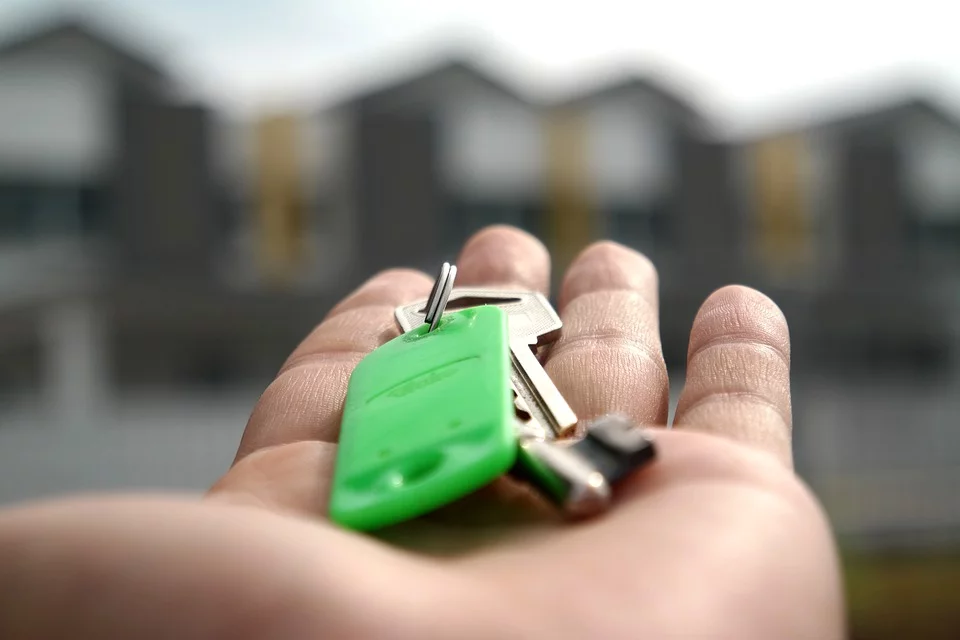Nationwide: Annual house price growth hits double digits in May
Annual house price growth has risen to its highest level in nearly seven years, with growth reaching 10.9% in May, according to the latest Nationwide House Price Index.

In month-on-month terms, house prices rose by 1.8% in May, after taking account of seasonal effects, following a 2.3% rise in April.
The index also revealed a new record average price of £242,832, up £23,930 over the past twelve months.
Robert Gardner, Nationwide’s chief economist, said: “The market has seen a complete turnaround over the past twelve months. A year ago, activity collapsed in the wake of the first lockdown with housing transactions falling to a record low of 42,000 in April 2020. But activity surged towards the end of last year and into 2021, reaching a record high of 183,000 in March.
“While March’s spike in transactions was driven by the original end date of the stamp duty holiday, a lot of momentum has been maintained. Our research indicates that the extension to the stamp duty holiday is not the key factor, though it is clearly impacting the timing of transactions.
“Amongst homeowners surveyed at the end of April that were either moving home or considering a move, more than two thirds (68%) said this would have been the case even if the stamp duty holiday had not been extended. It is shifting housing preferences which is continuing to drive activity, with people reassessing their needs in the wake of the pandemic.
“At the end of April, 25% of homeowners surveyed said they were either in the process of moving or considering a move as a result of the pandemic, only modestly below the 28% recorded in September last year. Given that only around 5% of the housing stock typically changes hands in a given year, it only requires a relatively small proportion of people to follow through on this to have a material impact.”
The index found that of those moving or considering a move, around a third (33%) were looking to move to a different area, while nearly 30% were doing so to access a garden or outdoor space more easily.
Consistent with this, the majority of people are looking to move to less urban areas, with this preference particularly pronounced for older age cohorts.
Over a third (36%) of those surveyed said they were more likely to consider enhancing their home as a result of Covid-19, with nearly half (46%) of these looking to add or maximise space. These results are very similar to those from our survey in September last year.
Around a third (35%) of homeowners looking to enhance their home cited an intention to improve energy efficiency or reduce the carbon footprint of their home – a key shift if the UK economy is to become carbon neutral, given that the housing stock accounts for around 15% of the UK’s carbon emissions.
Mr Gardner added: “Housing market activity is likely to remain fairly buoyant over the next six months as a result of the stamp duty extension and additional support for the labour market included in the Budget, especially given continued low borrowing costs, improving credit availability and with many people still motivated to move as a result of changing housing preferences in the wake of the pandemic, as highlighted above.
“With the stock of homes on the market constrained, there is scope for annual house price growth to accelerate further in the coming months, especially given the low base for comparison in early summer last year.
“Further ahead, the outlook for the market is far more uncertain. If unemployment rises sharply towards the end of the year as most analysts expect, there is scope for activity to slow, perhaps sharply, though even this could potentially be offset by ongoing shifts in housing preferences, if current trends are maintained.”





